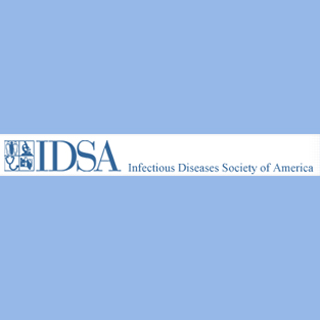
During the investigations, researchers analyzed resistant E. coli isolates gathered in 2007 from hospitalized patients across the country. The experts seemingly discovered 54 ST131 isolates resulting in 67 percent to 69 percent of E. coli isolates showing fluoroquinolone or extended-spectrum cephalosporin resistance. Previously high virulent E. coli strains seemed to be affected by antibiotics. It was also noted that the highly resistant strains were weak enough to cause no disease.
James Johnson, MD, of the VA Medical Center in Minneapolis and research author highlighted, “If we could discover the sources of this strain, the transmission pathways that allow it to spread so effectively, and the factors that have led to its rapid emergence, we could find ways to intervene and possibly slow or halt this strain’s emergence.â€
Once a strain gains an additional resistance gene, it may not be treated. It can possibly be regarded as a superbug. Though susceptible strains have the ability to cause diseases, they may be treated without much difficulty. The current research reveals the ST131 strain to have a high level of resentment and antimicrobial resistance.
The research is published online in the August 1, 2010 issue of Clinical Infectious Diseases.
